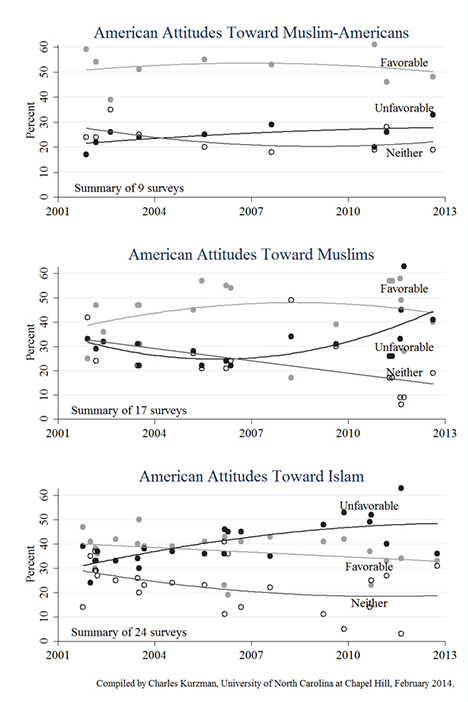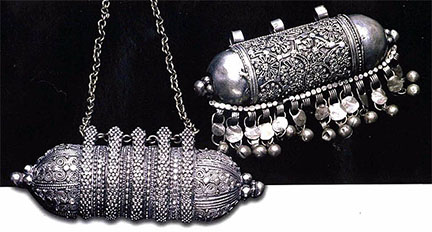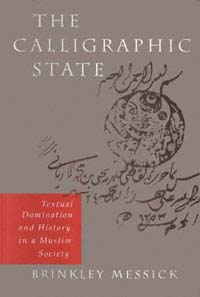
Illegal excavations and military use have recently endangered Palmyra, Syria, a UNESCO World Heritage Site. Photo: UNESCO/Ron von Oers
by Shatha Almutawa, American Historical Association, April 2014
A car bomb exploded outside the Museum of Islamic Art in Cairo on January 24, 2014. The Egyptian Heritage Rescue Team arrived on the scene and began to assess the damage and prepare artifacts to be moved to another building. Trained by the International Centre for the Study of the Preservation and Restoration of Cultural Property, the Egyptian volunteers worked with museum staff until all the artwork was safely relocated.
In Syria, following the destruction of the minaret at Aleppo’s Umayyad Mosque last spring, people made their way to the mosque to save the stones for later rebuilding. Some lost their lives in the process. The mosque had been used by rebels, the Syrian army was attacking from the outside, and fighting continued as volunteers worked to protect the stones. As political instability continues in the wake of the Arab Spring, cultural heritage sites and objects are often endangered.
Scholars and activists working on issues relating to the preservation of cultural heritage in the Middle East convened on February 28 at the Smithsonian’s Freer Gallery to discuss the Arab Spring’s impact on monuments, historic neighborhoods, and culture in the region. Lisa Ackerman, executive vice president and chief operating officer at World Monuments Fund, spoke about the importance of providing training to communities around historic sites in times of peace and after conflicts, so that locals can preserve their own heritage. She also mentioned the reality that in times of war, troops are trained to find strategic locations to use as bases; historic sites, as she explained in a later e-mail, “are often located in strategic positions with existing infrastructure, such as roads and nearby accommodations, or, as we’ve seen in Syria, are often situated at the highest points, providing a location advantage.†As an example, the US Army in Iraq chose Babylon for its Camp Alpha, which resulted in damages to its ancient walls and gates. Continue reading Creating and Preserving Cultural Heritage in the Arab World






